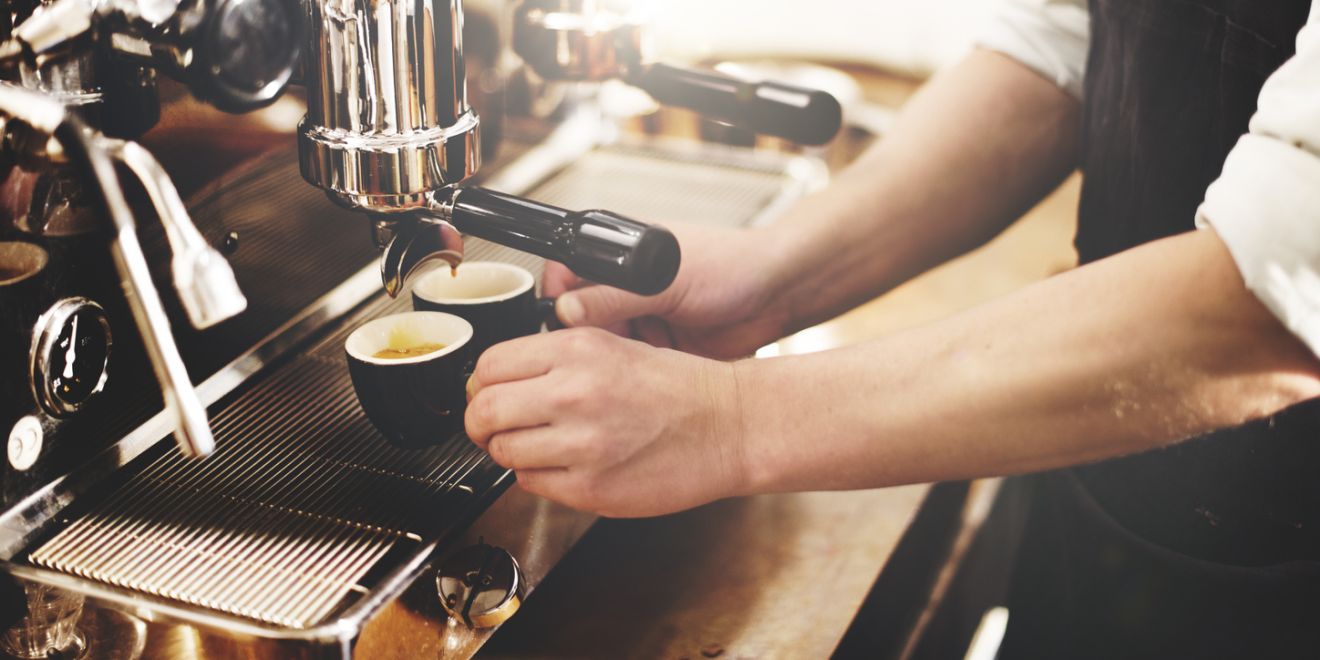
How a social enterprise used coffee to help lift those from challenging backgrounds
When Pamela Chng left the high-pressure web consultancy business in 2009, she decided to establish a socially responsible company. In her words:
“Companies need to be accountable for their contribution to society by creating work places and businesses that make peoples’ lives better…The way businesses were being run did not make sense anymore – how could there be people becoming so rich on one hand, and so much poverty and struggle on the other. The inequality was ridiculous.”
Chng was particularly interested in helping disadvantaged women and youth in her native Singapore who had trouble finding employment due to caregiving duties, or were facing family issues such as divorce, incarceration or violence. Rejecting a donation-based NGO model for its lack of sustainability and lack of independence in operations, she chose the coffee industry.
Making coffee, changing lives
There were four reasons why Chng picked the coffee business to achieve her vision of a self-sustaining enterprise that had the potential to create market-generated resources:
- Specialty coffee was in the early stages of growth in Singapore in 2011. All aspects of its value chain, including roasting, retailing and training, presented an opportunity for setting up an economically viable venture.
- Coffee was very accessible as everyone easily understood the product.
- The food & beverage (F&B) industry required vocational skills and allowed for imparting knowledge and skills to people without too many pre-requirements, even if they lacked formal education. Despite this, the availability of training in F&B in Singapore was limited and inadequate.
- The growing number of specialty cafés in Singapore, and globally, indicated increasing job opportunities for skilled baristas, and hence a high demand for a coffee academy that provided comprehensive and structured training. The F&B industry in the country woefully lacked the qualified manpower, and the difference between the cafes boiled down to barista skills, the final step in delivery of the product.
Together with two partners, Bettr Barista (BB) was set up in November 2011 with US$158,000 in seed money. While it had a roastery, retail café outlets and mobile espresso brew bars, BB’s social impact came from its coffee academy.
BB ran two programmes in the professional coffee education space: a regular one for full-paying customers; and a social one that was highly subsidised. The regular programme offered professional courses of varying lengths, from a day to a week, across a range of functions along the coffee supply chain, such as barista, roasting or sensory training.
The courses were globally recognised with international certification by the Specialty Coffee Association of America (SCAA) and the Specialty Coffee Association of Europe (SCAE), and were meant for people who wanted to make a career in the coffee industry, or for those who had a passion for coffee and wanted to learn more about it.
At the end of the first year, BB had trained about 150 candidates—a number that grew to 4,300 candidates from over 30 countries by end-2018. In 2018, the regular programme contributed 35 percent of BB’s total revenue.
The social programme, on the other hand, receives hefty subsidies from the Ministry of Social and Family Development (MSF) for the costs (US$2590) to charge trainees only US$222. More important than imparting skills on making a mean cup of coffee, it addresses emotional and psychological issues that often plague those in challenging family situations.
“It was important to understand the specific challenges faced in the domain as these socially disadvantaged women and at-risk youth had been given the opportunities to train and acquire vocational skills in the past too,” Chang explains. “I learned that providing the skills training was not an issue, the problem was that they would not get jobs after training, and if some of them did, they could not retain the job for long. This was not because of lack of skills, but because their emotional and psychological issues were not addressed.”
To that end, BB developed a social programme aimed at ensuring the trainees’ physical and emotional well-being to help them acquire a sense of self-worth and dignity, become fully job ready, and be economically independent. The programme, originally conducted over six months and subsequently reduced to four months, comprised one month of intensive study, followed by one month of internship, and two months of on-the-job training.
When BB started opening its own retail outlets, it could then hire many of its trainees. In 2018, 40 percent of its workforce were graduates from the social programme. Some of them even rose through the ranks to become supervisors, project managers and trainers.
Between 2011 and 2018, the social programme’s reach grew considerably; it had enrolled 100 candidates by early 2018, of which 70 percent graduated successfully. Of these, 90 percent were employed, with only a 10 percent dropout rate as of end-2018.
Growing out of Singapore
The social programme’s success is inextricably tied to its small size to provide what Chng describes as “adequate one-to-one support”, which limits the maximum number of intakes a year to four with no more than 10 to 12 trainees each time.
At the same time, BB was keen on scaling up its operations in order to become a self-sustaining social enterprise that was not dependent on grants and subsidies. That would mean expanding out of Singapore, which raises fears of stretching resources too thin. More importantly, can it be done without compromising the core values and DNA of the company?
How can BB achieve growth and maintain its identity and purpose?
This is an adapted version of the SMU Case, "Bettr Barista: A shot at better lives". To see the full case, please click on the following link: https://cmp.smu.edu.sg/case/4226
Follow us on Twitter (@sgsmuperspectiv) or like us on Facebook (https://www.facebook.com/PerspectivesAtSMU)